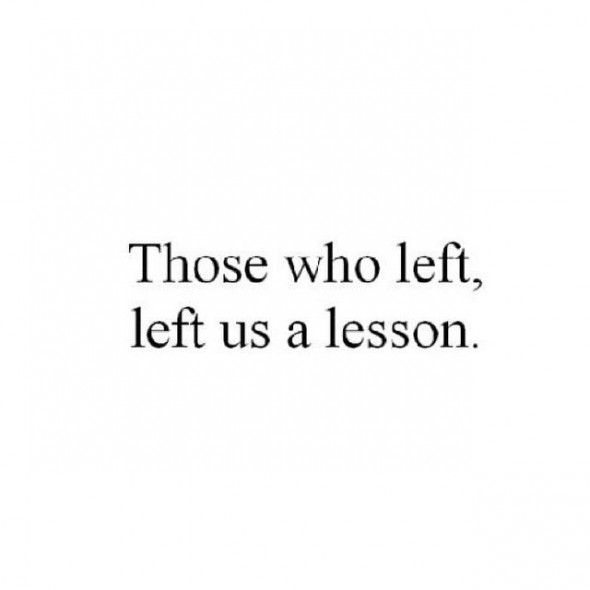
“Writing…is a horrible, exhausting struggle, like a long bout of some painful illness. One would never undertake such a thing if one were not driven on by some demon whom one can neither resist nor understand”
– George Orwell, “Why I Write”
We have spent a lot of our time this past year talking about leadership. Servant leadership. Leading from behind. Inspirational leadership. Dictatorships. Compassionate leadership. And despite all these great conversations and discussions, I am not sure I can say with any certainty that I have come to understand what constitutes great leadership.
But the one thing that I have come to think about a lot more lately, with a sense of urgency than ever before, is what it means to lead a valuable life. A life whose legacy is more than the grandiose notions of ‘leadership.’ A life that makes one’s world a little better for those that will come after. How I could lead such a life has become a dominant pre-occupation of mine as my time here in the U.S. comes to a close.
Now, I am probably not going to come up with a cure for cancer. Nor is it likely that I will develop the next generation of aircrafts that will transport us to planets far beyond our own. Dedicating one’s time to the pursuit of both of these things are, to my mind, examples of how one can lead a more valuable life.
The way I enter the world is through the more humble vocation of journalism. This is my potential sphere of influence. While my sphere of concern may be the state of global journalism as a whole, the area where I am in a position to effect change is in my beloved Tanzania, or Bongoland as we like to affectionately call it.
A point of clarification: This is not another self-aggrandizing proclamation that is typical of our profession. But now, more than ever, I am absolutely convinced about the power of great story-telling, of words and narrative to move people to change.
The journalism of Andrea Elliot, for example, about Muslims in New York will have changed the way this community is perceived in America. I am certain that the writing of Ta-Nehisi Coates has, for a lot of people, shone a light on the challenge of racism in this society. I am also convinced that Dexter Filkins’ chronicling of America at war has given context to the restlessness and anxieties still permeating the country since 9/11. George Packer’s tireless reporting on the growing inequality in the world’s richest nation has given voice to one of the premier challenges of our times. These men and women are effecting change. And in my mind are leading a valuable life.
That’s what I aspire to do as well. Use the power of words and narrative to tell the story of my people. Be an unflinching observer of our struggles and our joys as we move forward in the great challenge of providing a better life for those who will come after us.
This realization is what I will take with me as I begin my journey home. Whether that makes me a leader or not is irrelevant. What I do know is that, this is an aspirational commitment to start leading a more valuable life.
Reviewed by Vlad Odobescu

I appreciate your perspective on leadership. It is hard to pick certain traits and throw them in a bag and call it leadership. Great leaders vary on qualities and the one thing they all share is positively influencing the lives of those around them. Great read!
I think it is wonderful that you want to tell the story of your people. I believe that you do have the power to do it in a way that honors your country. I agree that words and narratives have the power to move people and as a journalist you can inspire people to change.